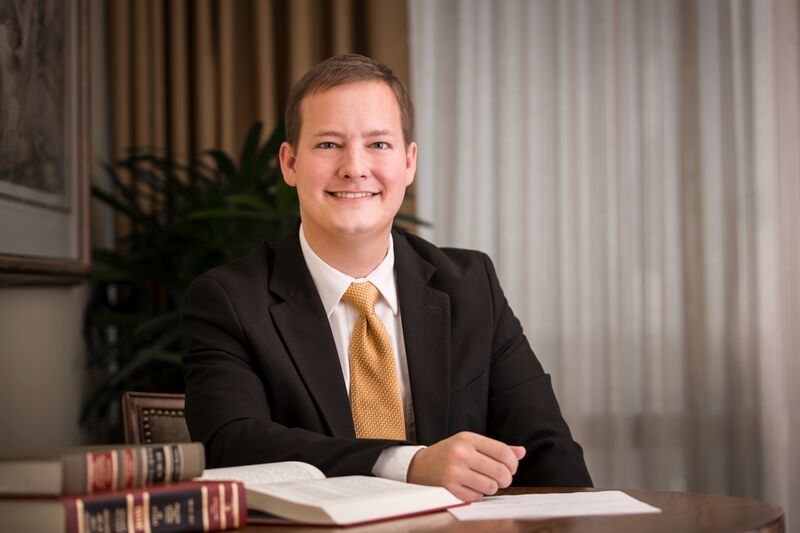Mark D. Wankum, Partner
Mark Wankum is a partner, joining the firm in 2008. Since then, he has become an active part of the firm’s medical malpractice defense team and has taken the lead in strengthening our already outstanding appellate practice. Mark is heavily involved in cases ranging from insurance coverage and employment disputes to complex personal injury and medical malpractice litigation. In addition to his appellate practice, Mark is familiar with the courtroom, having tried complex personal injury and medical malpractice cases to verdict. He has been recognized as a Best Lawyer in the Mid-South Region by Best Lawyers and is AV rated by Martindale-Hubbell – the highest rating for ethics and legal ability. He has also served multiple times as a Special Associate Justice on the Arkansas Supreme Court. Away from the firm, Mark and his family are active members of St. Edward Parish in downtown Little Rock, and Mark has served in various leadership and advisory roles for the parish.
Areas of Practice:
Litigation
Appellate Advocacy
Medical Malpractice Defense
Property and Casualty Defense
Insurance Coverage
Personal Injury Defense
Bar Admissions:
Arkansas, 2008
U.S. District Court Eastern District of Arkansas, 2008
U.S. District Court Western District of Arkansas, 2008
U.S. Court of Appeals 8th Circuit, 2008
U.S. Supreme Court, 2013
Education:
University of Arkansas at Little Rock Bowen School of Law
J.D., with high honors, 2008
University of Central Arkansas
B.A., 2005, summa cum laude
Honors and Awards:
Listed Best Lawyers in America, 2021-2024
Listed, Mid-South Rising Star, 2013–2018
Listed, Mid-South Super Lawyers, 2019 – 2023
Professional Associations and Memberships:
American Board of Trial Advocates — Member
Defense Research Institute — Member
Arkansas Association of Defense Counsel — Member
Henry Woods Inn of Court — Member
American Bar Association — Member
Arkansas Bar Association — Member
Pulaski County Bar Association — Member
Published Works:
“Standing in the Way of Clarity: Hein v. Freedom from Religion,” 30 University of Arkansas Little Rock Law Review 515, 2008



